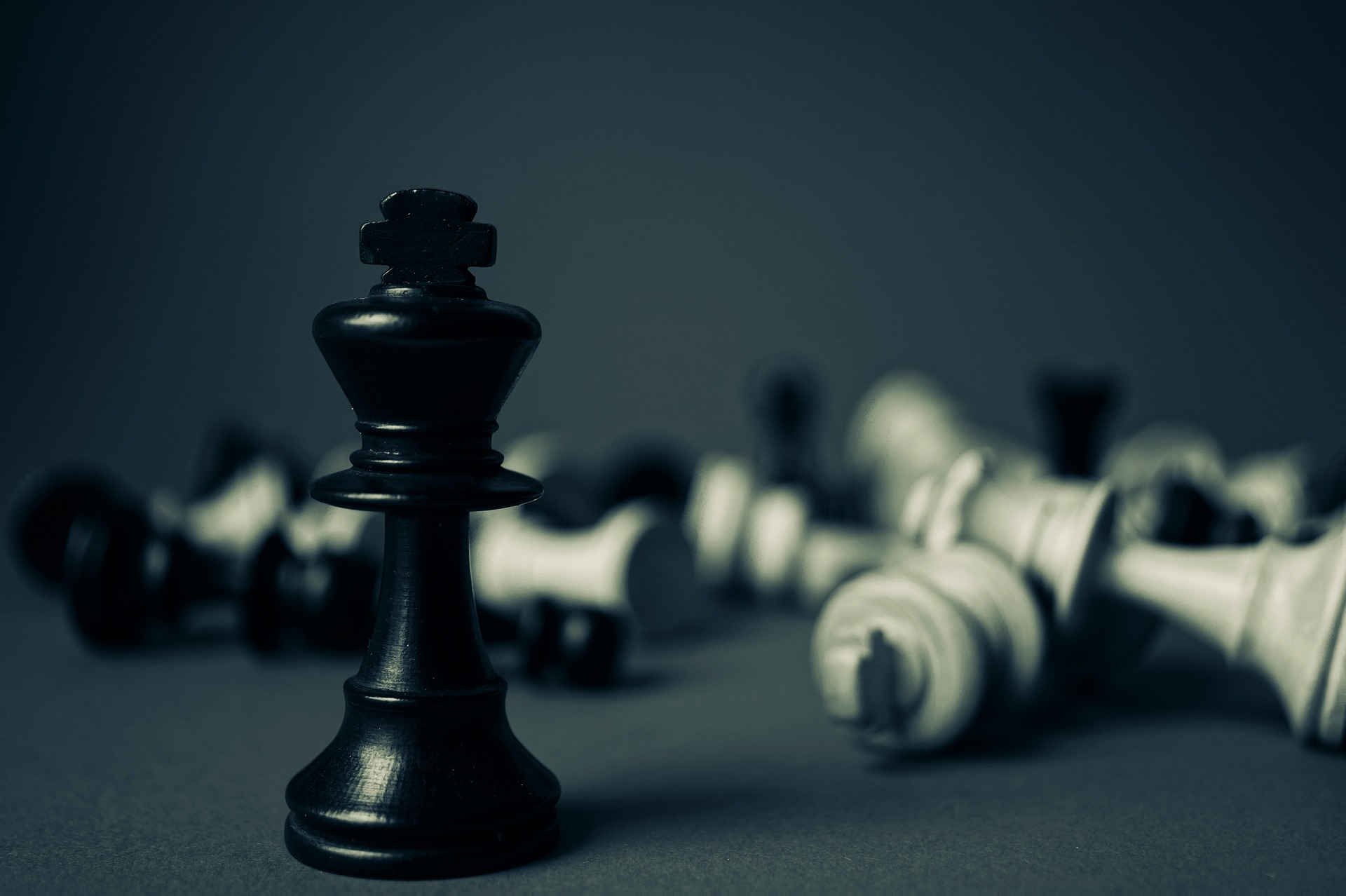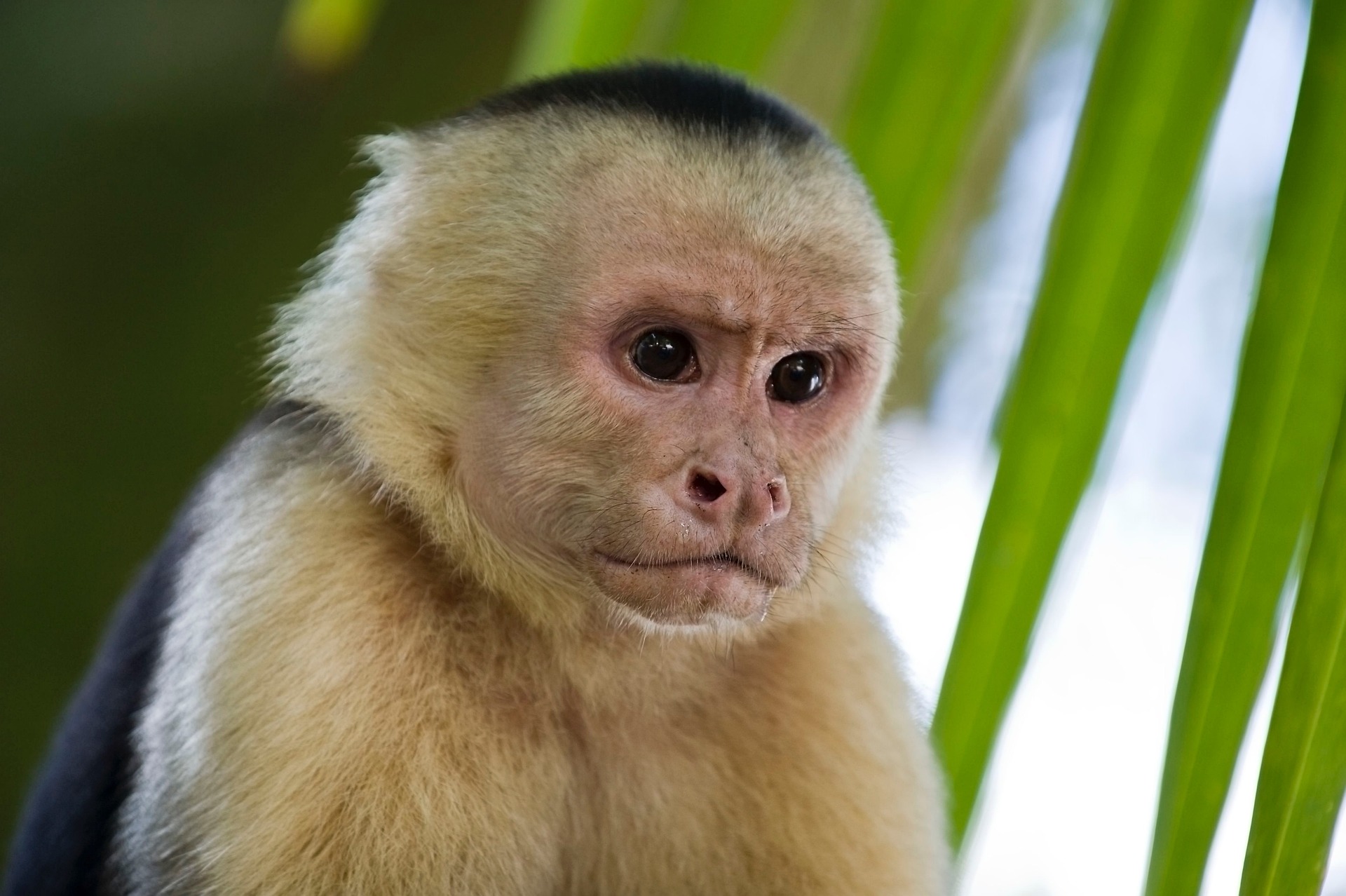Better to have a 50% than a 100%
How many times has It crossed your mind to perform a particular activity, learn It, practice till you get Mastery at It and finally put It at use in competitive manners, all to daydream about It for a couple minutes and then conclude It with "Yeah, It might be cool, though I can fail"?. While this might be true, as no discipline has a 100% rate of success, this can limit you greatly from getting really proficient at something and provide value to the world. Having this kind of reductive mindset makes you pass on a lot of opportunities that present to you in your day to day and make you waste time that could be used valuably. While I'm not saying that you should do everything that crosses your path as doing that many things at once might not leave you with enough time to get really good at one of them, What I really mean is that you should take into consideration the fact that even If you can fail, there's always the option to start again with something better: The knowledge you acquired in the way and that you can use to pick yourself back up much faster. That's why in this article I will explain a little bit more why some people have an aversion to increased returns with probabilities of losing when compared to diminished though secure return and how you can look at things differently, all so you can have a better relationship with risk and decide with more objectivity If something's really worth the effort. Let's begin:

Image taken from Pixabay.com
Probability on monkeys
Let's take a look at behavioral experiments realized with capuchin monkeys, specifically Chen, Lakshminarayanan, and Santos (2006), where in the two opposed walls of a cage that housed a capuchin monkey where there were two holes for each wall in front of which an experimenter stood displaying both hands with the palm upward. In one hand there was a dish with either one or two pieces of apple and the other was empty. When the monkey did the expected, taking a token from a tray and placing It in the hand of one of the experimenters, It had different outcomes depending on the experimenter. If the token was given to the experimenter 1, this one would give two pieces of apple to the monkey or take one before delivering the reward and putting It into a container, all in a random fashion. If the token was given to the experimenter 2, he/she would give the monkey one piece of apple, while in certain occasions adding one additional slice. Who did the monkey prefer? Even when the change in the quantity of the food was changed randomly on half the trial, the experimenters observed that on 71% of the cases the monkey preferred the one that increased the slices of apple delivered randomly, even when the absolute value was always the same for both
What does this have to do with us humans? Well, It highlights a bias that is common in us, which can even be seen in other mammals, that of aversion loss, which points out that a reduction in our levels of wealth causes greater dissatisfaction than the joy produced by an equivalent increase of wealth and thus, when risk makes Itself present, we tend to prefer to avoid the possibility of a loss even when the risk taken could have some positive value. This is precisely what happens when we decide not do something because of the potential risk even when we know the benefit of It, using this bias as a way to disguise our fears with statements such as "What If I end up embarassing myself and everyone talks about It?" or "What If everything goes wrong"

Image taken from Pixabay.com
Then what can I do about It?
If you are in a perpetual state of loss aversion the problem has to do more with how you look at things. If you are driven more by what's secure instead of a positive risk, you have to change your mindset with regarding to It. to do this, let's take a lot at monkeys again, though more in a stadistical and mathematical realm, specifically the Infinite Monkey Theorem. This theorem states that a monkey hitting keys at random on a typewriter for an infinite amount of time will almost surely type any given text, even the complete works of William Shakespeare. This meaning that any event of sequence of events which probability of occuring is different from zero will occur given enough time. Long story short, with enough attempts and time you can reach any result you want, which is something you always have to keep in mind whenever you are presented with the chance to practice something that might be potentially good to you, something that Interests you and that you might see yourself trying It regardless of the chances
Along with this, If you think that you are going to get nothing If you fail you are also wrong. If you tried hard enough at any field for a determined period of time and even when you get a failure on It, you'll see that you acquired a vast array of knowledge in that area, knowledge that will serve you not only to identify future mistakes though to look at further opportunities, making you a better performer overall.

Image taken from Pixabay.com
I hope that this article could have been of use to you, giving you reasons as to why not trying anything because of the risk implied is a bad Idea If you intend to do something in life and giving you an alternative way to look at things, thus making you see anything as worth doing now regardless of what might happen. Thanks for your support and good luck!
Mejor tener un 50% que un 100%
¿Cuántas veces se te ha pasado por la cabeza realizar una actividad concreta, aprenderla, practicar hasta conseguir la maestría en ella y, finalmente, ponerla en práctica de forma competitiva, todo ello para soñar despierto durante un par de minutos y concluir con un "Sí, puede estar bien, aunque puedo fallar"? Si bien esto puede ser cierto, ya que ninguna disciplina tiene una tasa de éxito del 100%, esto puede limitarte enormemente a la hora de ser realmente competente en algo y aportar valor al mundo. Tener este tipo de mentalidad reductora te hace dejar pasar muchas oportunidades que se te presentan en tu día a día y te hace perder un tiempo que podría ser utilizado de forma valiosa. Aunque no estoy diciendo que debas hacer todo lo que se cruza en tu camino, ya que hacer tantas cosas a la vez podría no dejarte tiempo suficiente para llegar a ser realmente bueno en una de ellas, lo que realmente quiero decir es que debes tener en cuenta el hecho de que aunque puedas fracasar, siempre existe la opción de volver a empezar con algo mejor: El conocimiento que adquiriste en el camino y que puedes utilizar para volver a levantarte mucho más rápido. Es por eso que en este artículo voy a explicar un poco más por qué algunas personas tienen aversión a los rendimientos crecientes con probabilidades de perder en comparación con los rendimientos disminuidos aunque seguros y cómo puedes ver las cosas de manera diferente, todo para que puedas tener una mejor relación con el riesgo y decidir con más objetividad si algo realmente vale la pena. Comencemos:

Image taken from Pixabay.com
Probabilidad en monos
Veamos los experimentos conductuales realizados con monos capuchinos, concretamente Chen, Lakshminarayanan y Santos (2006), donde en las dos paredes opuestas de una jaula que albergaba a un mono capuchino había dos agujeros por cada pared frente a los cuales un experimentador se situaba mostrando ambas manos con la palma hacia arriba. En una mano había un plato con uno o dos trozos de manzana y la otra estaba vacía. Cuando el mono hacía lo esperado, coger una ficha de una bandeja y colocarla en la mano de uno de los experimentadores, tenía diferentes resultados dependiendo del experimentador. Si la ficha se entregaba al experimentador 1, éste daba dos trozos de manzana al mono o cogía uno antes de entregar la recompensa y lo metía en un recipiente, todo ello de forma aleatoria. Si la ficha se entregaba al experimentador 2, éste daba al mono un trozo de manzana, añadiendo en ciertas ocasiones una rodaja adicional. ¿A quién prefería el mono? Incluso cuando el cambio en la cantidad de comida se modificaba al azar en la mitad del ensayo, los experimentadores observaron que en el 71% de los casos el mono prefería al que aumentaba las rodajas de manzana entregadas al azar, incluso cuando el valor absoluto era siempre el mismo para ambos
¿Qué tiene que ver esto con nosotros, los humanos? Pues bien, pone de manifiesto un sesgo que es común en nosotros, que incluso se puede observar en otros mamíferos, el de la aversión a la pérdida, que señala que una reducción en nuestros niveles de riqueza provoca una mayor insatisfacción que la alegría producida por un aumento equivalente de la misma y, por tanto, cuando el riesgo se hace presente, tendemos a preferir evitar la posibilidad de una pérdida aunque el riesgo asumido pueda tener algún valor positivo. Esto es precisamente lo que ocurre cuando decidimos no hacer algo por el riesgo potencial aunque conozcamos el beneficio de ello, utilizando este sesgo como forma de disfrazar nuestros miedos con afirmaciones como "¿Y si acabo avergonzándome y todo el mundo habla de ello?" o "¿Y si todo sale mal?".

Image taken from Pixabay.com
¿Entonces que puedo hacer?
Si estás en un estado perpetuo de aversión a la pérdida, el problema tiene que ver más con tu forma de ver las cosas. Para ello, volvamos a fijarnos en los monos, aunque más bien en un ámbito estadístico y matemático, concretamente en el Teorema del Mono Infinito. Este teorema afirma que un mono que pulsa las teclas al azar en una máquina de escribir durante una cantidad infinita de tiempo escribirá casi con seguridad cualquier texto, incluso las obras completas de William Shakespeare. Esto significa que cualquier suceso o secuencia de sucesos cuya probabilidad de ocurrencia sea diferente de cero ocurrirá si se le da suficiente tiempo. En resumen, con suficientes intentos y tiempo puedes llegar a cualquier resultado que desees, lo cual es algo que siempre tienes que tener en cuenta cuando se te presenta la oportunidad de practicar algo que puede ser potencialmente bueno para ti, algo que te interese y que te veas intentándolo independientemente de las probabilidades
Junto a esto, si piensas que no vas a conseguir nada si fracasas también estás equivocado. Si te esfuerzas lo suficiente en cualquier campo durante un periodo de tiempo determinado, e incluso si fracasas en él, verás que has adquirido una gran cantidad de conocimientos en esa área, conocimientos que te servirán no sólo para identificar futuros errores, sino también para buscar nuevas oportunidades, lo que te convertirá en un mejor ejecutor en general.

Image taken from Pixabay.com
Espero que este artículo te haya servido, dándote razones de por qué no intentar nada por el riesgo que implica es una mala Idea Si pretendes hacer algo en la vida y dándote una forma alternativa de ver las cosas, haciendo así que veas que vale la pena hacer cualquier cosa ahora sin importar lo que pueda pasar. ¡Gracias por tu apoyo y buena suerte!
